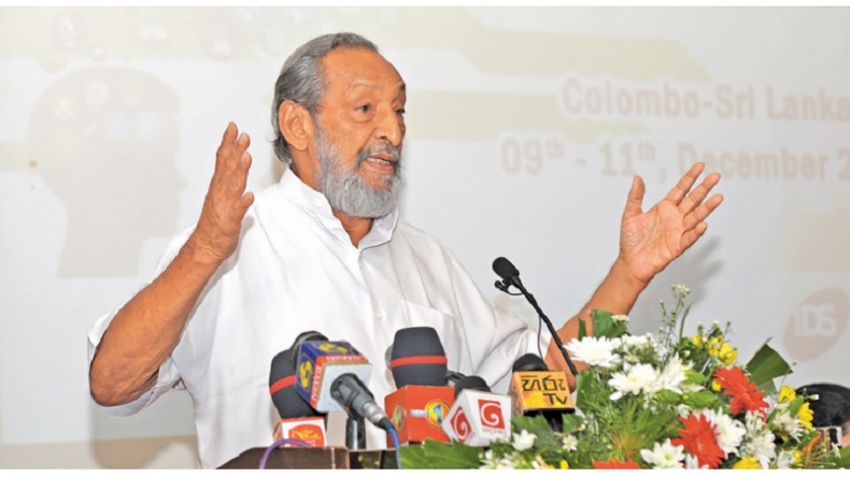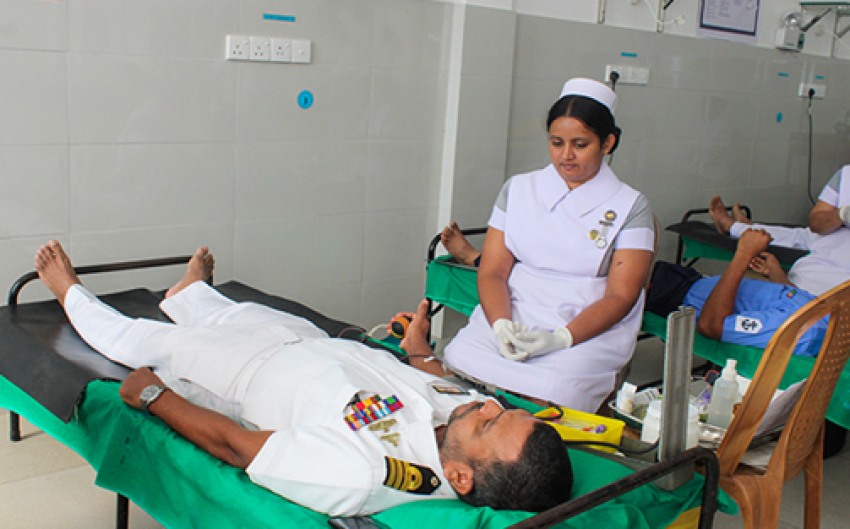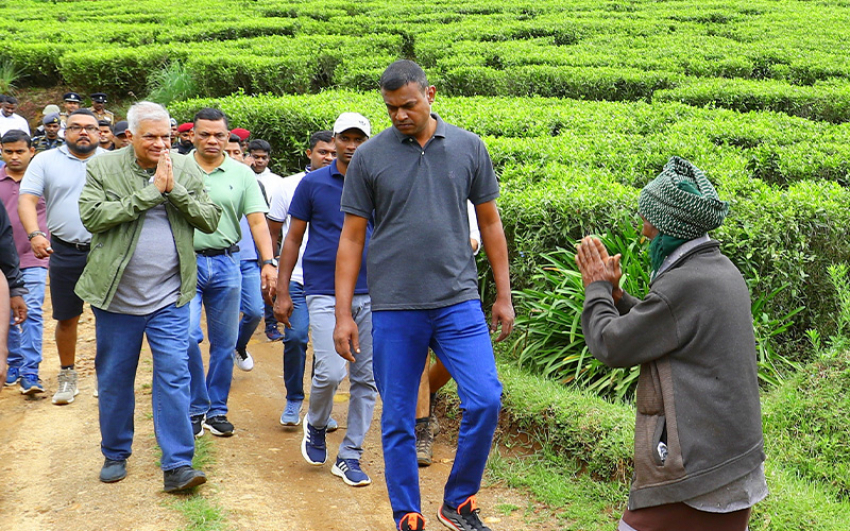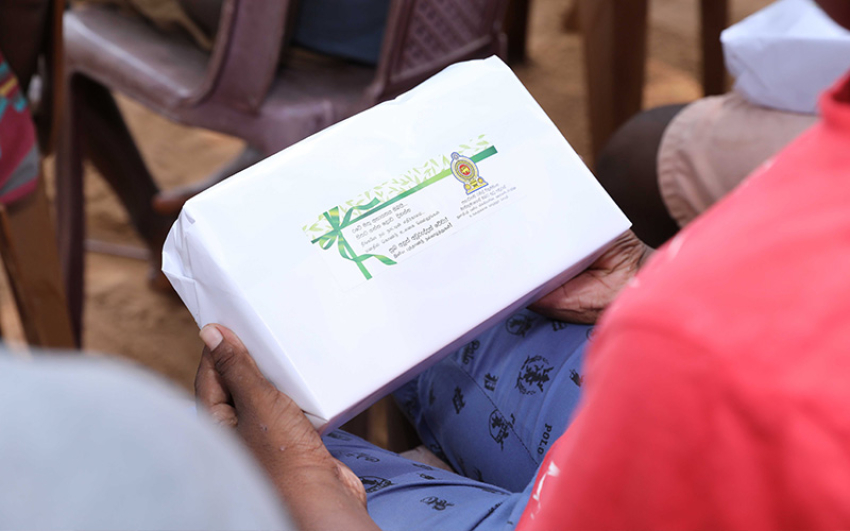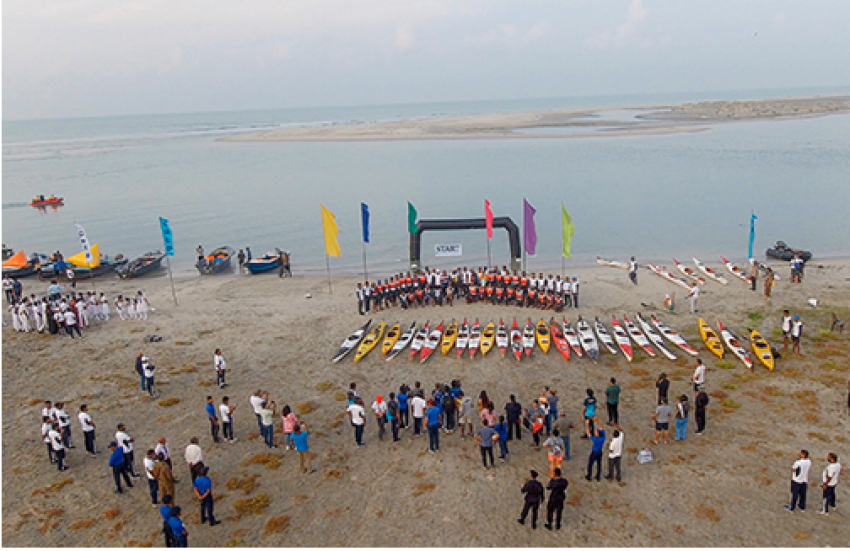The State Minister said the country has made good strides in reaching those without access to sanitation services over the past five decades and provided over 87 per cent of the population with improved sanitation, and 89 per cent with improved water supply and over 50 per cent with pipe water supply,The Minister said that Sri Lanka has a strong institutional base to support the urban water supply and sewerage sector and a dedicated department to ensure sustainability of rural water sanitation.
“Deliberations of this nature are great opportunities for the South Asian regional countries to gain knowledge on their best practices in sanitation and water and overcome challenges in achieving SDGs and targets in water and sanitation before 2030,” the State Minister said.The workshop shared practical initiatives in South Asian countries to make a significant progress in water and sanitation including free and fair access to everyone.
The programme is considered as the second step in fostering knowledge sharing the connectivity among the regional government officials and professionals and is a complementary process of translating the responsibilities of the South Asian Conference on Sanitation (SACOSAN) in to action.According to UNICEF, despite substantial progress made in water and sanitation sector in the South Asian region, much remains to be done. The majority of the world’s open defecators (more than 600 million) live in South Asia.
Millions have limited access to safe water services and practise poor hygiene behaviours - the leading causes of child mortality and morbidity. These further contribute to undernutrition and stunting and act as barriers to quality education for children in the region.

